It takes managerial courage to supervise different personalities and motivate them towards business goals.

Have you ever wanted to say, ‘I’m the boss, that’s why,” when a subordinate is demanding a reason for your decision? Or would you rather try to be diplomatic and not say anything because you do not want to hurt their feelings? It takes courage and skill to supervise different personalities while maintaining the business goals.
A supervisor is not in a role to be “nice” all the time. Being in a supervisory role takes courage and is not for the faint at heart. Steven Covey talked about the supervisory role being much like the role of a parent. To be effective, someone is going to be mad at you at least part of the time if you are doing your job effectively.
Sometimes we are afraid to let our employees know that we do not have everything under control. The truth is, they have already figured that out. Honest open communication with your employees encourages them to want to help you succeed along with the company. Let them know the delicate balancing act you live with each day to handle business goals given to you along with their interests as well. Trust is built when you provide consistent honest communication, so when you do have to deliver bad news, they are more likely to accept it gracefully.
Another extreme is the boss that tries to win people over by being nice. This boss feels that listening is all that is required from the position. Oddly, the opposite happens because when their are no consequences for people’s actions, employees quickly become disillusioned and eventually angry with you. It takes ‘managerial courage‘ to face the ‘office bullies and manipulators’ and call them on their behavior. Left unchecked, morale drops, productivity declines, and the productive employees –the ones actually doing their job, are looking for other employment. If it continues, a supervisor will find that the majority of their time being spent on personnel issues instead of focusing on business issues. When issues are not addressed appropriately, finger pointing begins and a scapegoat is found to hide behind because of their inability to confront the difficult personalities in the office.
Learning to have ‘The 4 Essential Conversations” early when issues first arise can turn your work environment around and sometimes even those difficult personalities. To achieve long-lasting success in work and in life, it starts with one conversation at a time. As Susan Scott points out in her book, Fierce Conversations, “The most valuable thing any of us can do is find a way to say the things that can’t be said.”
See The 4 Essential Conversations training by WorkerSmarts to help you achieve managerial courage.
